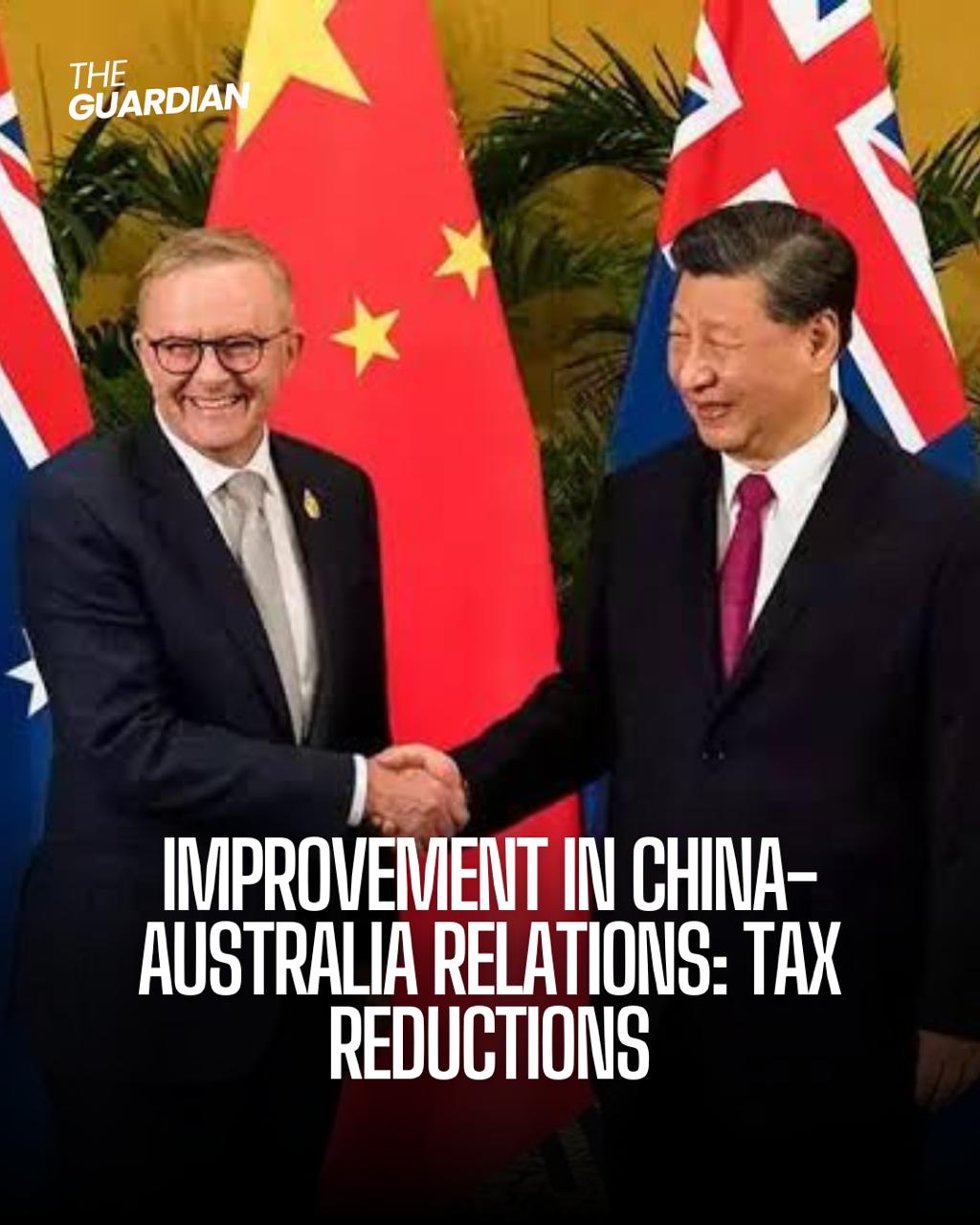China has revealed that it will remove significant taxes on Australian wine, another essential sign of improving ties between the two nations.
In 2020, Beijing imposed hefty taxes exceeding 200% on Australian exports, including coal, barley, timber, and lobsters, amidst strained political relations.
However, recent developments indicate a positive shift in China-Australia relations, particularly since the election of a new government in Canberra in 2022.
Tariff Reductions and Trade Barriers
China’s Ministry of Commerce announced a significant step in reducing trade barriers by lifting tariffs on Australian barley last August. Prime Minister Anthony Albanese welcomed this move, highlighting the successful efforts of his government in advocating for the removal of trade barriers.
Continued Efforts in Trade Negotiations
While acknowledging the progress made, Prime Minister Albanese emphasized ongoing negotiations to eliminate remaining tariffs, particularly on commodities like beef and lobster. This reflects a commitment to further improving trade relations between the two countries.
Also read: Tragic bridge collapse claims lives of immigrant construction workers
Impact on Australian Wine Industry
The removal of tariffs on Australian bottled wine signifies a positive development for the country’s wine industry, which had suffered substantial losses after China imposed tariffs in response to political tensions.
The industry faced challenges in pivoting to alternative markets, leading to a significant surplus of wine in recent years.
Reasons for Tariff Removal
China’s decision to lift duties on bottled wine is attributed to changes in the market situation for relevant wines in China.
This move indicates a shift away from previous justifications based on anti-dumping and anti-subsidy measures, which Australia had challenged at the World Trade Organization.
Improving Relations and Withdrawal of Complaint
As relations between China and Australia have improved, Canberra withdrew its complaint against the validity of tariffs at the World Trade Organization.
This withdrawal reaffirms the positive trajectory of bilateral relations and the willingness of both countries to address trade disputes through dialogue and negotiation.


























